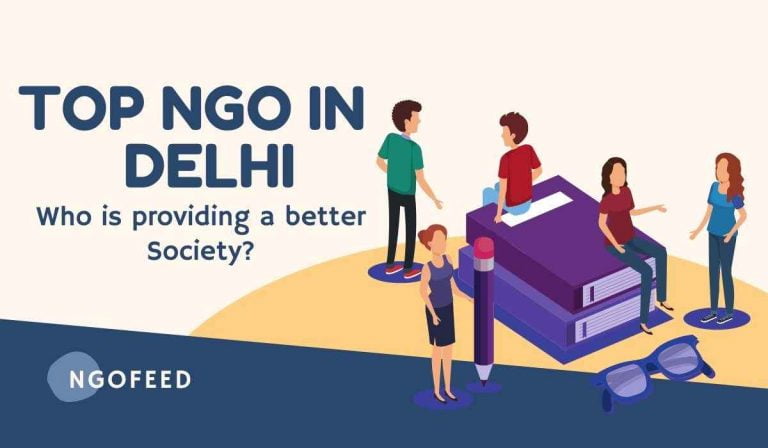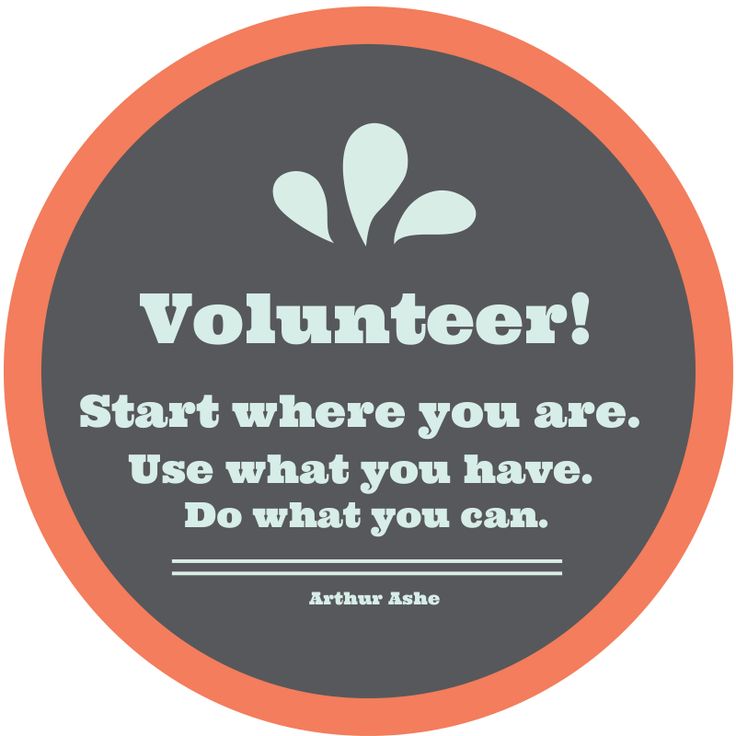Who Are We?

The Feeding Poor Organization is evolving an ecosystem for food security interventions to support thousands of feeding programmes in India by bringing the government, private sector and NGOs together to fight hunger and malnutrition in India.
Our Vision

Our vision is to have a hunger and malnutrition free India. We aim to achieve this by establishing a strong and efficient network of FoodBanks throughout the country, so that every district has access to at least one FoodBank by 2030.
Join Our Fight Against Hunger

Our presence in India
Currently, we are present in Delhi only, but we are looking forward to serve in other cities as well as in other states.
How We Work
We work as a moderator between the NGO which serves the needy and the person who wants to donate food
We work in following steps -:
- First of all, we collect food from the person's , organization's side
- We then pack it properly and store in our warehouse in cool environment in order to protect the food from oxidisation
- The next day or on that day itself (depends on the time of marriage function), we then deliever the food to a nearby NGO which then serves food to the needy people
Why we Work
Here are some reasons why we work in order to feed the needy -:
- More than 820 million people suffer from hunger. According to the UN, 821 million people in the world were undernourished in 2017. This is equivalent to one in nine people on the planet. Additionally, about one in three people suffer from malnutrition.
- We all have a right to food. Everyone has the right to a standard of living adequate for the health and well-being of himself and of his family, including food.
- We can make a difference: The proportion of undernourished people declined from 15% in 2000-2002 to 11% in 2014-2016. While the current situation is dire, we are making significant progress in the effort to end hunger. The decrease in the proportion of undernourished people from 15% to 11% shows that global action can make a difference in people’s lives.
- Hunger and malnutrition have a ripple effect that slows development. According to WFP, “Not only do the consequences of not enough – or the wrong – food cause suffering and poor health, they also slow progress in many other areas of development like education and employment.” Poor and inadequate nutrition also leaves children vulnerable to diseases and illness, and can cause stunted growth.